By Chip Brownlee
Alabama Political Reporter
MONTGOMERY — Gov. Robert Bentley’s plan to build four new State prisons through an $800 million bond issue will be a top priority for legislators with the start of the 2017 Regular Session today.
On Tuesday, Sen. Cam Ward, chairman of the Senate Judiciary Committee, proposed a 2017 version of the bill that is relatively unchanged from last year’s version. The legislation was delivered to the State House Friday by the Governor’s Legislative Liaison and was proposed, unchanged, Ward said.
Bentley’s plan, originally crafted by ADOC Commissioner Jeff Dunn, calls for the construction of four new prisons — three new men’s facilities and a new women’s facility. The new men’s prisons, which would hold up to 4,000 inmates each, would replace 13 of Alabama’s 17 aging correctional facilities.
The new women’s prison, which would hold up to 1,500 beds, would replace the Julia Tutwiler Prison for Women.
To finance the project, the Department of Corrections proposes selling an $800 million bond, which would save the State about $50 million a year in operational savings, according to an ADOC report . The savings, they say, will be enough to pay off the bond over 30 years without any additional funding from the beleaguered State General Fund.
Last year’s version of the plan failed in the House on the last day of the Regular Session. Several concerns — from the effects on local economies to the overall cost of the initiative — held the bill back in the Legislature.
The main concern, however, was the bidding and construction process.
Bidding and transparency
The plan calls for the use of a design-build construction method. With this plan, one entity would be chosen to both design the facilities and construct them.
In the normal bidding process, the design-bid-build method, one entity bids for the design contract and another bid for the construction contract.
Several legislators, and many in the media, were concerned that the plan would be less transparent and perhaps even be a no-bid process. But the design-build plan would save the State money and yield better results all while maintaining an open bid process, Ward said.
“As opposed to having one person design it and one person build it, the one person who gets the bid does the whole job,” Ward said. “It’s still bid, and it’s still transparent on the bid, but design-build saves you money.”
With the proposed plan, public “requests for proposals” would still be advertised to solicit proposals for the State’s two-step, qualifications-based, best-value selection process. Any company can submit their qualifications and a proposal, Ward said.
The best proposal that yields the best value for the State would be selected, according to ADOC.
The design-build method, though it is not the usual method used by governments for such projects, has been used by other states and the Federal government for the construction of several prisons.
A federal prison in Aliceville, Alabama, was constructed using a design-build method at a cost of $219 million. It was completed in 2011 and has a capacity of 1,408 beds.
The method saves the State money by ensuring there is maximum communication between designers and contractors, Ward said.
Using the other design-bid-build method, communication between the two different design and construction teams often proves difficult and leads to lower-quality products and scheduling delays, according to ADOC.
“Those two separate entities often times are not working hand-in-hand to make sure it’s done right,” Ward said. “You have cost overruns where there is confusion that takes place.”
Even with the expected savings, the four new prisons will still require the $800 million bond issue. After the prisons are completed, the State will then begin paying back the bond over 30 years at a total cost of more than $1.5 billion.
It’s a lot of money, Ward admitted, but Alabama doesn’t really have a choice.
Overcrowding, understaffing and unconstitutional conditions
Over the past several years, ADOC assessed all 17 major detention facilities. According to the report, seven of the State’s 17 prisons need to be closed and seven other newer facilities need more than $279 million in repairs to extend their useful life.
To bring all the existing prisons up to standards would require more than $440 million.
ADOC’s facility assessment doesn’t even take into account overcrowding and the federal judiciary’s increasing impatience with Alabama’s prison system. In 2014, conditions at Alabama’s Julia Tutwiler Prison were so bad that a Federal court ruled them unconstitutional and ordered improvements.
And another lawsuit over mental health conditions at Alabama’s prisons went to trial in December.
Alabama’s prisons are currently housing inmates at more than twice their capacity. The overcrowding continues even though the inmate population has decreased by more than 3,000 over the last three years thanks to sentencing reforms in 2013, Ward said.
“You’re going to build these facilities one way or the other,” Ward said. “If you build them this way, you can pay back bonds with the savings.”
The Governor’s plan addresses overcrowding and terrible understaffing problems, but it doesn’t completely alleviate them. The plan would only reduce overcrowding to about 125 percent capacity over the next five years.
The Southern Poverty Law Center, a Montgomery-based civil rights legal organization, doesn’t believe Bentley’s plan solves the State’s underlying problems of understaffing and inadequate health care. The SPLC is currently litigating a lawsuit alleging that the State is deliberately indifferent to prisoners’ mental health needs.
“There is no question that Alabama needs to improve its prison facilities,” said Ebony Howard, SPLC associate legal director. “But spending $800 million on four new prisons will not fix the grossly inadequate medical and mental health care, the ongoing staff shortage or the unspeakable levels of violence.”
Last week, SPLC lawyers summarized the evidence they presented in court over the past eight weeks. ADOC employs too few mental health and custody personnel, and many lack needed qualifications, the SPLC said.
Bentley’s plan is drawing criticism from his own party as well. State Auditor Jim Zeigler will lead a rally Tuesday afternoon opposing the Prison Transformation Initiative.
The rally is sponsored by several Tea Party and conservative groups.
Zeigler believes the plan will not solve the State’s prison overcrowding and would only raise prison capacity from about 13,000 to 16,000, far short of the inmate population of 23,000.
“We incur almost a billion dollars of debt for the next 30 years but do not come close to solving the problem. Big borrowed cost – no solution,” Zeigler said in a Facebook post Sunday.
Savings and benefits
Consolidation using the four “mega prisons” would reduce staffing costs by about $17 million a year, overtime payments by $21 million a year and healthcare delivery by $10 million, according to two independent studies commissioned by ADOC.
The plan calls for no reduction in health care staff but consolidates the healthcare administration from 14 different facilities to only three regional men’s facilities, which should increase access to healthcare while reducing costs.
The consolidation would also allow for a 6 percent reduction in security staff and a 19 percent reduction in support staff, ADOC said.
Savings from the new prisons’ overall lower operating costs will allow ADOC to support the billion-dollar bond issue through its current annual appropriation. They say no changes to their General Fund appropriation will be needed.
Savings total $50 million a year, which, if accurate, would match nicely with estimated annual bond payments of about $50 million.
“I can guarantee you that the federal courts are going to tell us we have to do this, and I would rather pay for it with savings than pay for it with a tax increase,” Ward said. “It is a lot of money, and that is a valid concern, but we can pay for it with savings.”
A compromise plan proposed last year reduced the bond issue to about $550 million and cut the number of prisons from three regional men’s prisons to only two. Even with the changes, the compromise bill failed in the House because there weren’t enough votes to break filibuster and close debate.
The new bill, which Bentley and Ward have marked as a priority, will be debated during the 2017 Regular Session set to begin this afternoon.
Ward said he didn’t make any changes to Bentley’s plan this year because he wants to bill to work itself through the legislative process, which would give members the opportunity to change what they don’t like. He said he expects a lot of changes and compromises.
Changes and negotiations are welcome, but the Legislature needs to do something, Ward said.
“Sitting on our hands and saying that we’re not going to build anything at all, that’s not a good idea,” Ward said. “We could try to fool ourselves to that, but it’s coming soon where we’re going to have to be forced into building new facilities.”



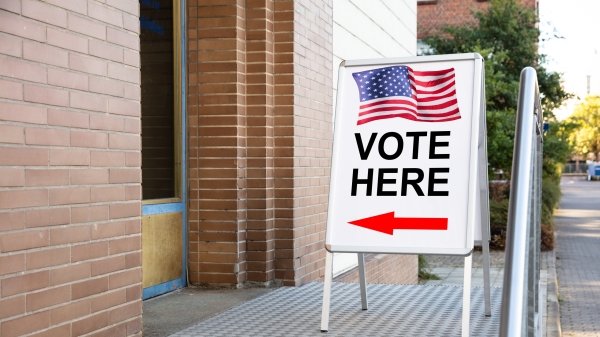






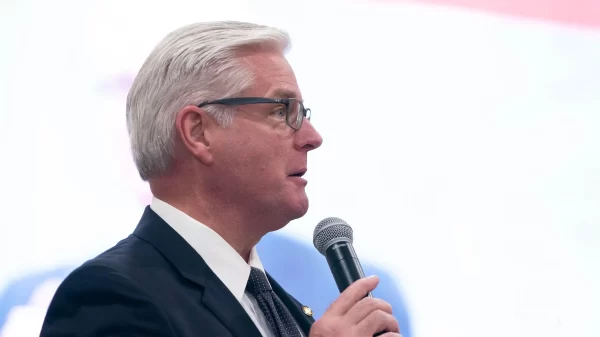


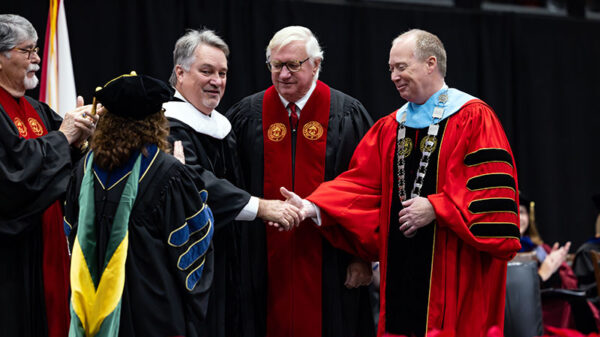





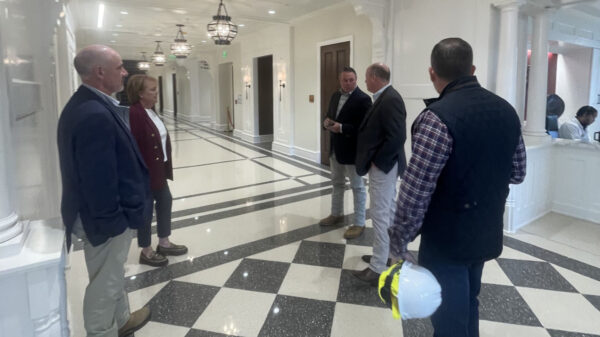



























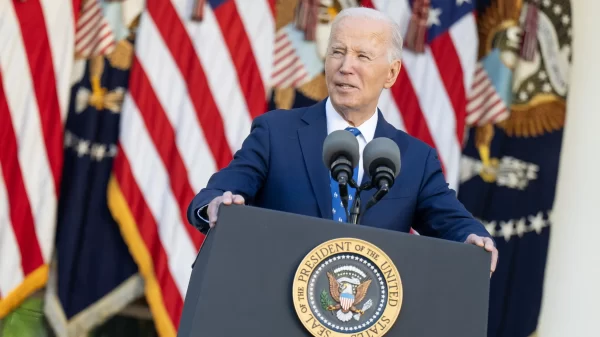







You must be logged in to post a comment Login